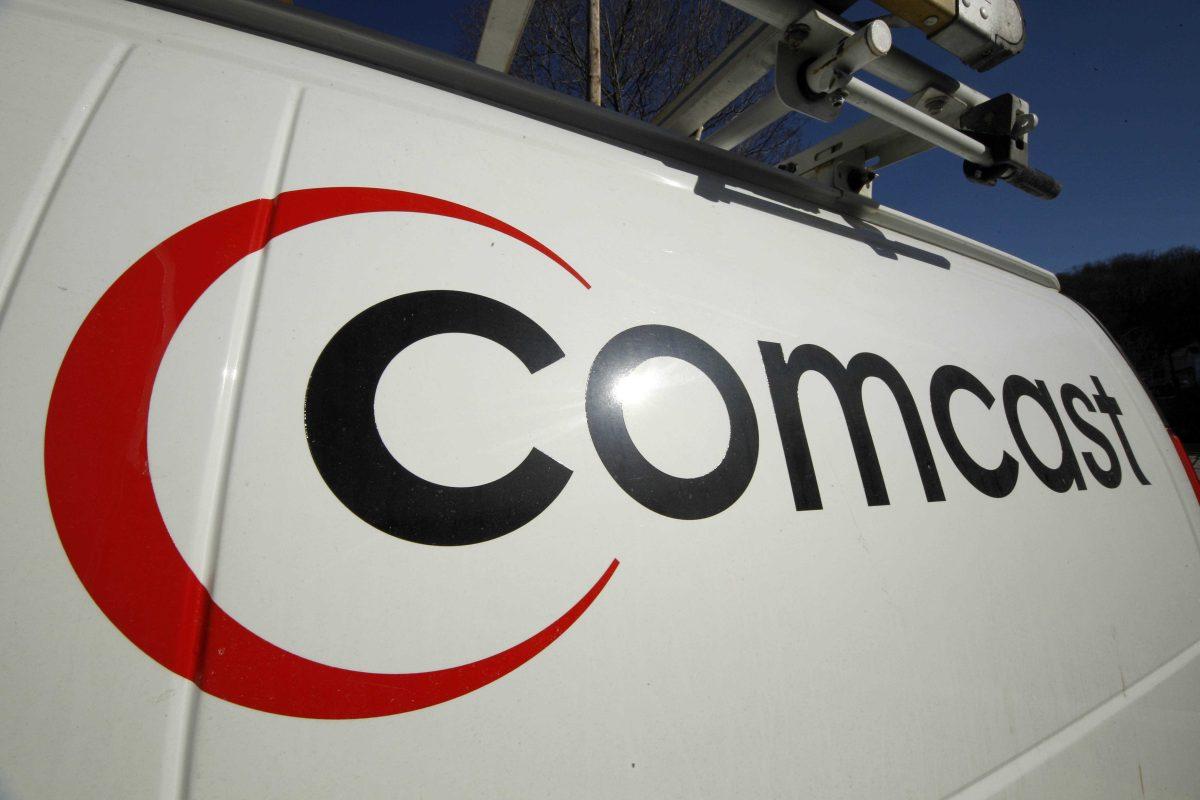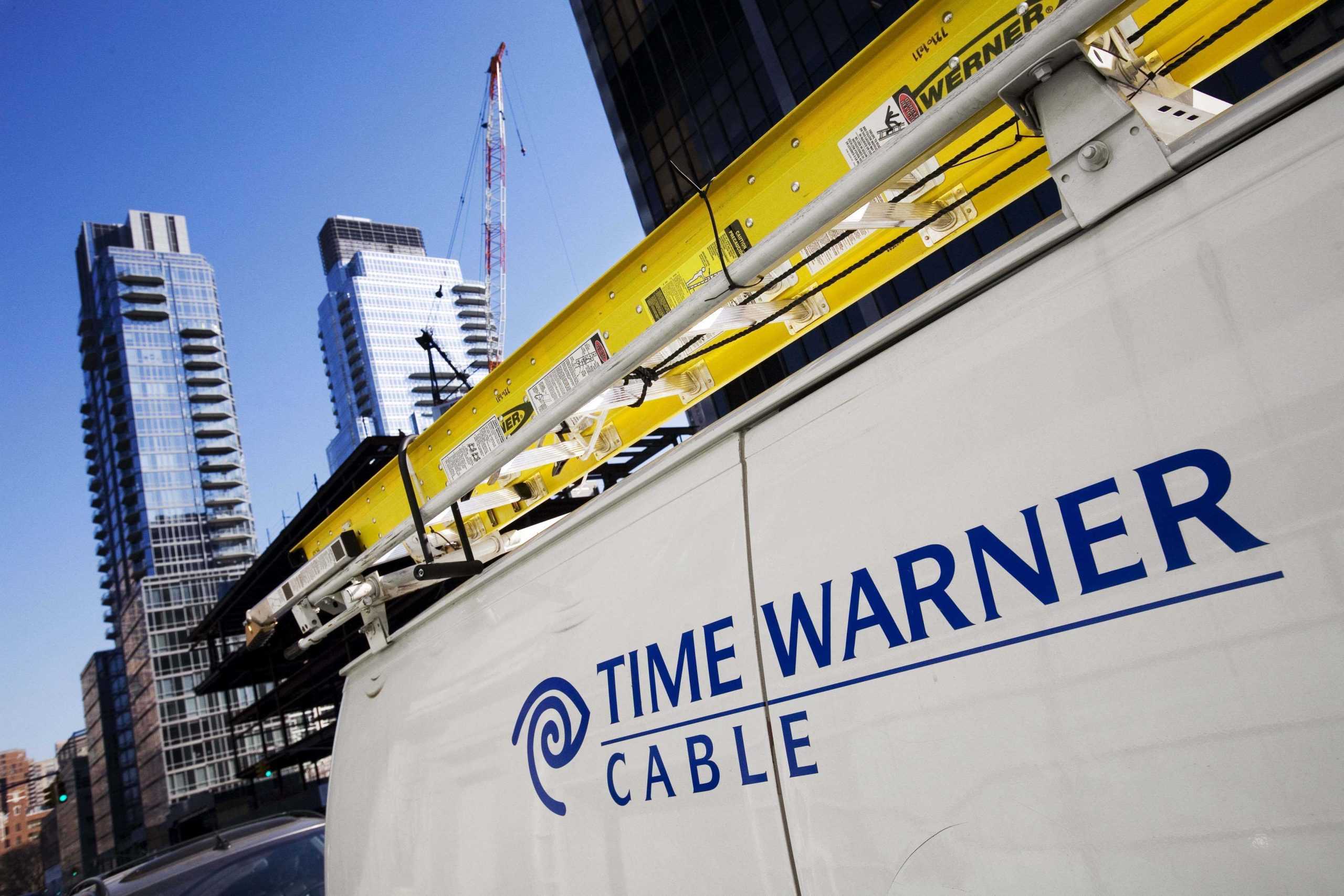Comcast made news recently with a proposal to buy out its biggest rival Time Warner Cable for $45 billion.
This is an unacceptable move by Comcast to corner not only the cable market but the Internet service market. If Comcast gets its way, it will become the ultimate gatekeeper of television and Internet. It will be able to pick and choose which websites to crush and which to promote.
In 1983, 90 percent of the media was owned by 50 companies, and today, there are only six and soon to be five unless the Justice Department and FCC prevents the merger.
Comcast is already the largest cable company and is beginning to reach monopoly levels of domination over what was once a competitive market. If the Time Warner merger is allowed, Comcast will have control of about one third of the U.S. market and have a virtual monopoly on 19 of the top 20 media markets in the United States.
The merger between Comcast and Time Warner signals a dangerous trend for democracy and a free and open society. Former FCC Commissioner Michael Copps compared the current media consolidation and corporate power to the Gilded Age and declared Comcast’s recent move as the “cablization” of the Internet. Students and young people are slowly entering a world where they will be bombarded with consumerist and political propaganda and a lack of critical journalism.
The six corporations that control most of what you see, read or listen to are as follows: Comcast, Time Warner, Disney, News Corp, Viacom and CBS.
Comcast hasn’t just been spending money on acquiring companies; they have been lobbying Congress for years to end net neutrality and deregulate the media industry.
Like other companies, Comcast’s goals are not just about profits but politics. Comcast, along with the other five major media conglomerates, wield tremendous political leverage against politicians and the democratic process that most other companies can’t match.
Oil companies are infamous for polluting the climate change debate by funding anti-environmental groups, creating a media blitz and financing politicians. Their power will be nothing compared to the power of the media, which can directly sway the minds and hearts of millions to go buy shoes, purses, $200 belts and vote on a particular politician.
In fact, the cable companies lobbied Congress and President Bill Clinton to pass the 1996 Telecommunications Act, which allowed for mergers.
Comcast must not be allowed to merge with Time Warner for the simple fact that media concentration restricts competition and creates unlimited power in the hands of about 234 board executives who can literally pick and choose candidates, laws or social movements the American people should know about.
Before the announcement of the Time Warner merger deal, Comcast had a large victory in the battle over control of the Internet. The FCC recently lost the net neutrality case that basically ended the Internet as we now enjoy it.
For a democracy to work, there must be dialogue of many groups in society, and there must be many ideas at the table instead of the agendas of just six board rooms.
The beauty of the Internet is that it was the last medium left to not be corporatized and consolidated for the purpose of consumerism and censorship. Any person can express themselves online to start something important. It is the fringes where great ideas emerge, not the status quo.
People need to take the Comcast merger and the loss of net neutrality seriously because it will limit opportunities for people to 30 second corporate-sponsored ads instead of grass roots political activism. After all, that is where the concern for the people instead of profit is.
Joshua Hajiakbarifini is a 24 year old political science and economics senior from Baton Rouge.
Opinion: Comcast’s merger highlights dangers of media consolidation
February 19, 2014
FILE – This Feb. 11, 2011 file photo shows the Comcast logo on one of the company’s vehicles, in Pittsburgh. Comcast has agreed to buy Time Warner Cable for $45.2 billion in stock, or $158.82 per share, in a deal that would combine the top two cable TV companies in the nation, according to a person familiar with the matter who spoke on condition of anonymity because it had not been announced formally. An announcement is set for Thursday morning, Feb. 13, 2014, the person said. (AP Photo/Gene J. Puskar, File)






